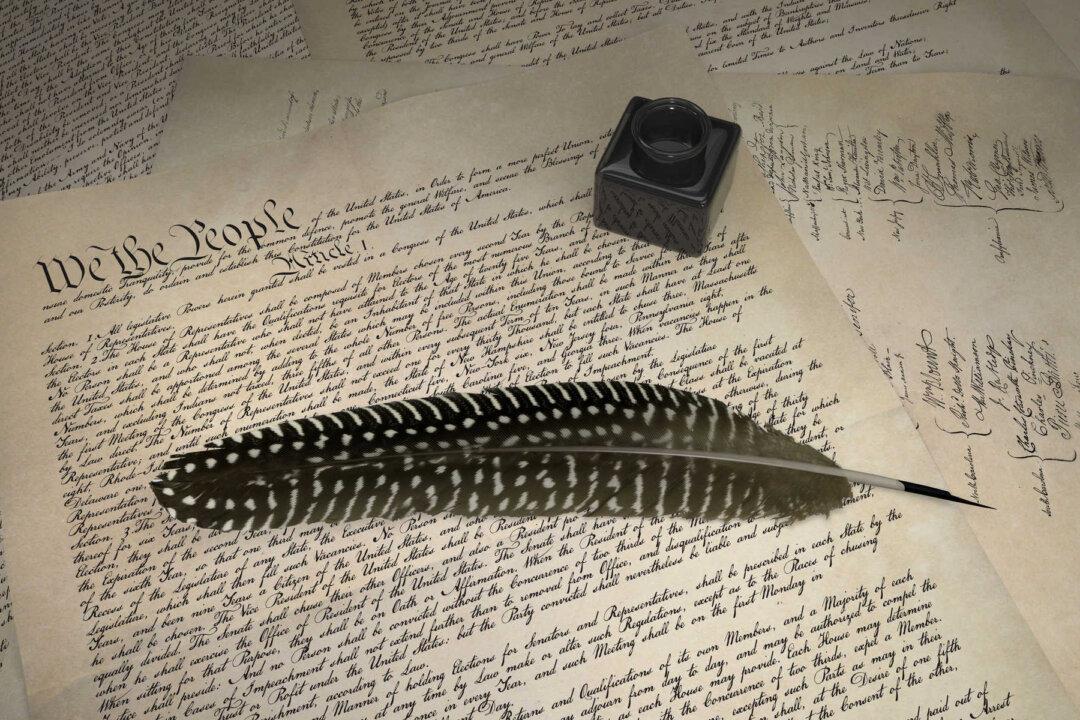Commentary
Sept. 17 is the day that we reserve for honoring our Constitution. The day was codified in 1917 when many people rightly feared that the country was losing its appreciation for its merits.

Sept. 17 is the day that we reserve for honoring our Constitution. The day was codified in 1917 when many people rightly feared that the country was losing its appreciation for its merits.